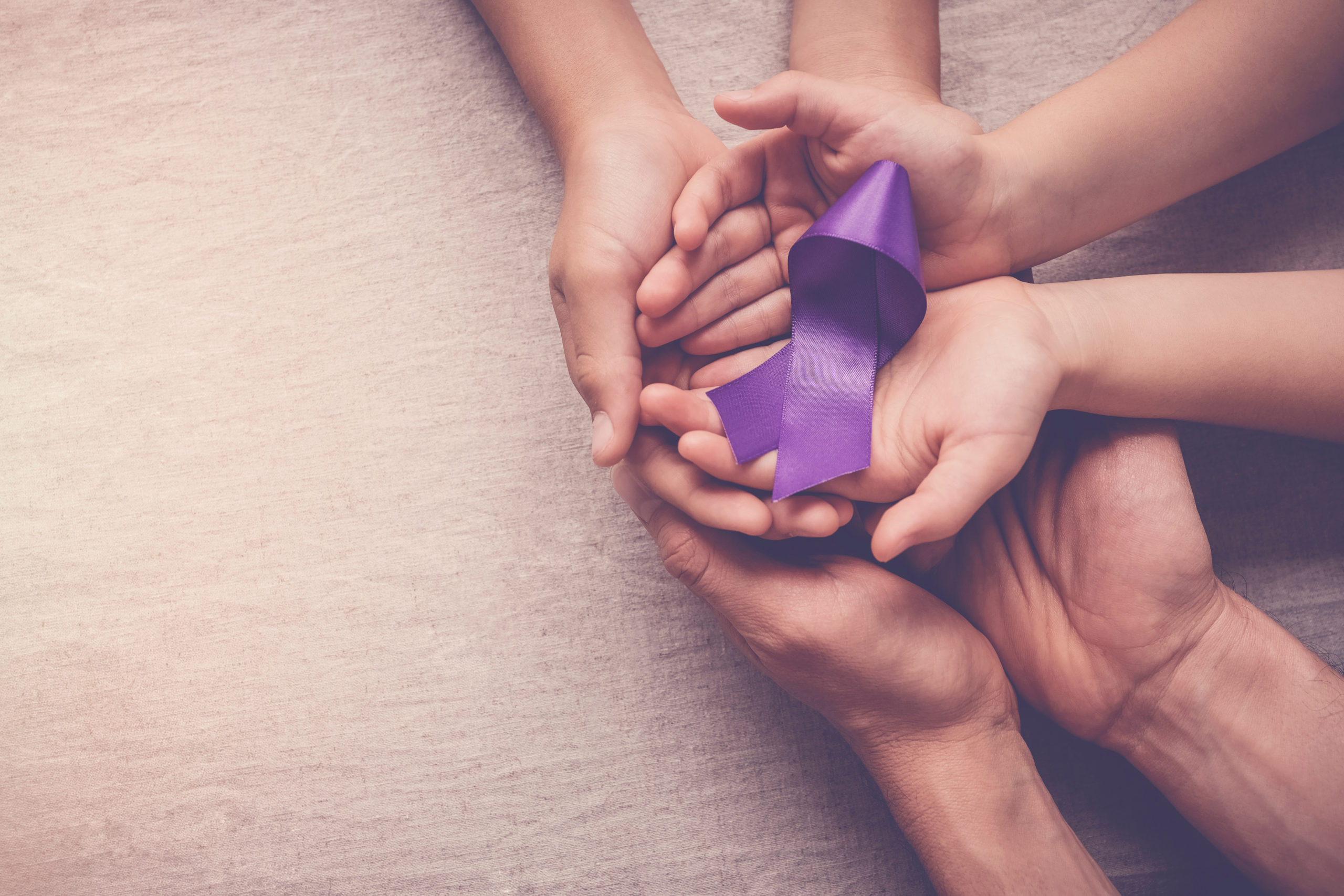Domestic Violence Awareness Month: How You Can Help A Survivor | Guest Column
by MARYANA KLEYN|| It is extremely difficult to watch someone you know and care about be in an unheaYou must Subscribe or log in to read the rest of this content.
by MARYANA KLEYN|| It is extremely difficult to watch someone you know and care about be in an unhea
